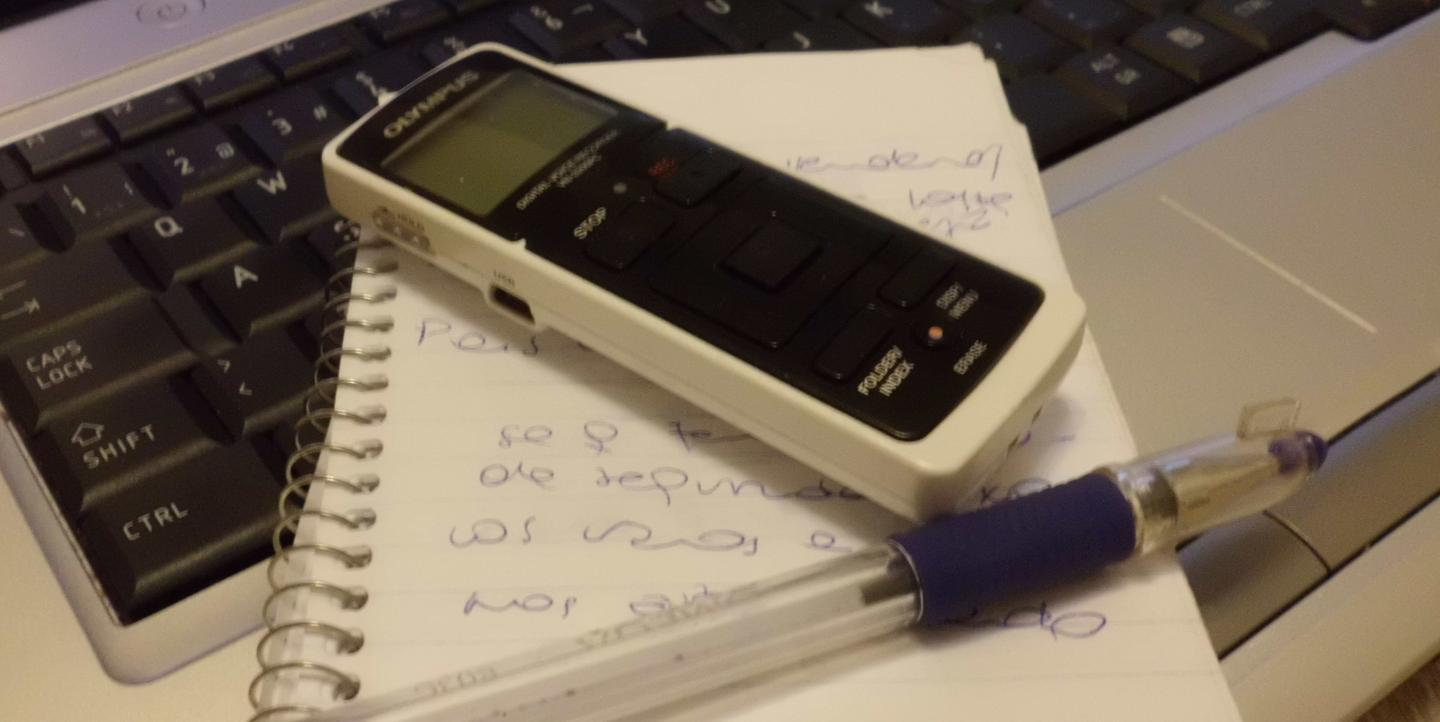Alberto Salcedo Ramos, who teaches narrative journalism workshops, has some strong ideas about how reporters should work.
Ramos stated them in a video interview about methods for journalists that the Fundación Nuevo Periodismo Iberoamericano organized to celebrate Journalist's Day in Colombia.
IJNet picked up these five key tips from Salcedo:
When the story starts to repeat itself, your investigation is ready. In response to a question about how to know when you're done investigating a story, Salcedo said he knows he has done all his research - enough to start publishing - when the evidence given by the people involved begins to repeat itself.
Start strong. The first few sentences set the tone for the article and narrative journalism is no excuse to back into a story. "You have to find a powerful start, with enough force to set out the coordinates of the trip you'll be taking the readers on," said the journalist. Don't wander into the story by meandering into it, but start with a strong focus that makes a big impact with readers.
Stick to the facts. "Reality is so rich, so complex and magical that there’s no need to add anything," he said. For him, "bad reporters, those who do not invest time in research, are like unprepared athletes." Athletes who do not train properly pay during the race, he says. "If we work on an ambitious reporting project, reality enriches itself in front of our eyes. There's no need to invent anything," he added.
Use first person narrative but don't abuse it. Salcedo recalled that during his university days that many professors wanted to "banish with a whip the use of the first person." His believes that first person should be used in a story whenever it is "justified."
"It's not about mentioning myself in a vain way, but in a way that my presence will enrich the story, providing new information or adding credibility that wouldn't be possible unless it is clear that the journalist has firsthand experience," he said.
To improve your writing: read. A lot. For Salcedo, the only way to avoid cliches is to read a lot. Having a wide vocabulary of ideas and language to draw from will enrich any story you write. When you read a story with a lot of cliches, it's proof that the person who wrote it doesn't read enough, he said.
To see the entire video interview (in Spanish) click here.

